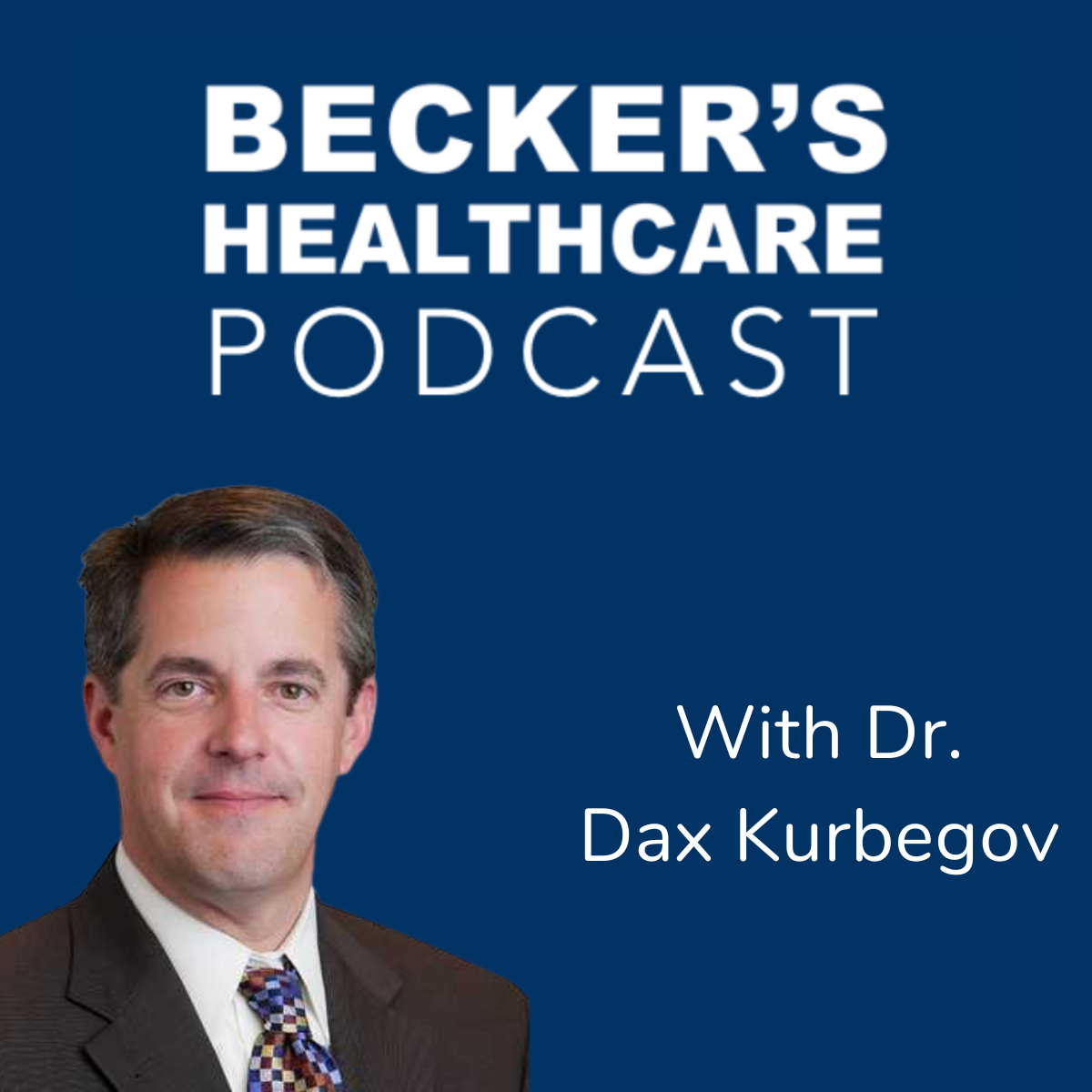
Only a fraction of high-risk individuals ever learns about their inherited cancer risk. But it doesn’t have to be that way.
In a recent Becker’s Healthcare podcast, Dr. Dax Kurbegov, Senior Vice President at HCA Healthcare’s Sarah Cannon Cancer Network, shared how his team is closing that gap by building a scalable model for risk assessment and early detection. HCA prioritized strong clinician and staff engagement as well as digital tools via a strategic partnership with the Ambry CARE Program® (CARE).
Here are five key takeaways from that conversation, with quotes from Dr. Kurbegov.
1. Most High-Risk Patients Never Find Out
“It’s well less than 10%… that actually know that they have a predisposition to cancer,1,2… there is a moral imperative around doing a better job of identifying those at risk.”
2. Collecting History Without Assessing Risk Leaves Gaps
Patients often recall being asked about family history—but no one follows up with actual risk assessment or guidance. HCA tackled this by embedding standardized workflows and digital tools via CARE directly into care pathways, helping risk insights get translated into action.
“They [Patients] assumed if there was something to be done, it would be communicated to them.”
3. Patient Stories Underscore the Stakes
One of the most powerful moments in the podcast? Hearing about Christina, a 54-year-old woman with a strong family history of breast cancer. Her mammogram was normal, but genetic testing revealed a BRCA2 mutation. She chose preventive surgery. Pathology uncovered the presence of breast cancer that had been missed by routine imaging.
Christina shared, “I’m so grateful for the extra years I may be able to spend with my children and, hopefully someday, grandchildren.”
Read Christina’s full story here.
4. Success Requires the Right Partner
Prevention and early detection at scale takes more than technology. It requires a trusted partner who can support local flexibility, help engage clinicians and front-line staff, and provide clear performance feedback.
“Our partnership with Ambry Genetics and particularly their Ambry CARE platform has really been an enabler that has helped us to connect the dots such that we can engage patients in a patient-centric way, gather the information that's really required to understand an individual's risk, and then proactively offer them education and potentially genetic testing.”
5. Universal Risk Assessment Is the Future
Dr. Kurbegov believes risk assessment will become a core part of routine care--leveraging genomics, radiomics, and blood-based detection strategies.
“Our power to intervene in a positive way is growing. That’s what excites me.”
Building scalable, equitable prevention and early detection programs is achievable--with the right strategy, team buy-in, and trusted partners. As Dr. Kurbegov's experience shows, the impact on patient lives is real, and measurable.
Listen to the Full Podcast Episode
References
Caswell-Jin JL, et al. 2019. PMID: 30239769 Link
Park, J., et al. (2025). PMID: 39788943 Link



